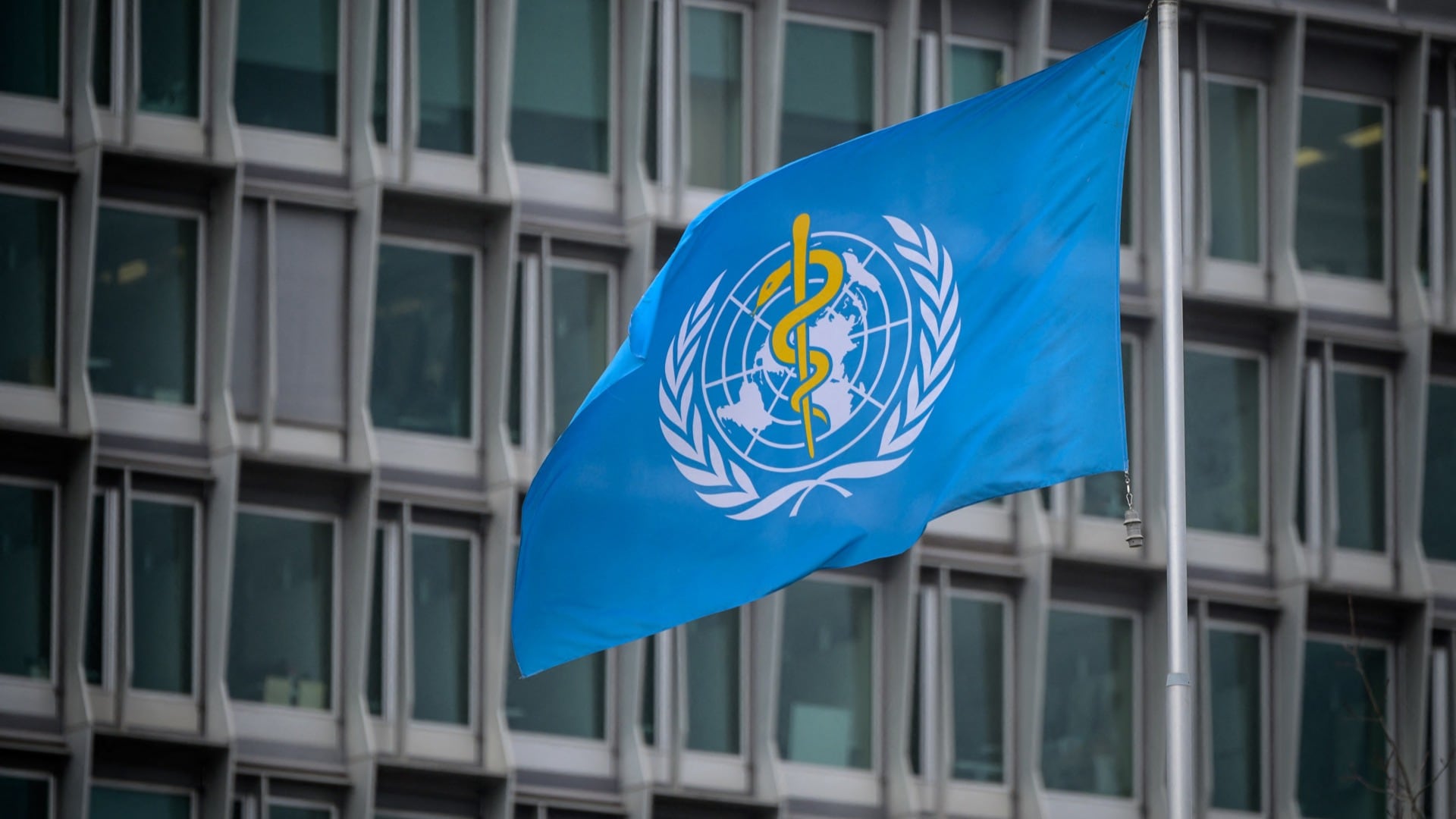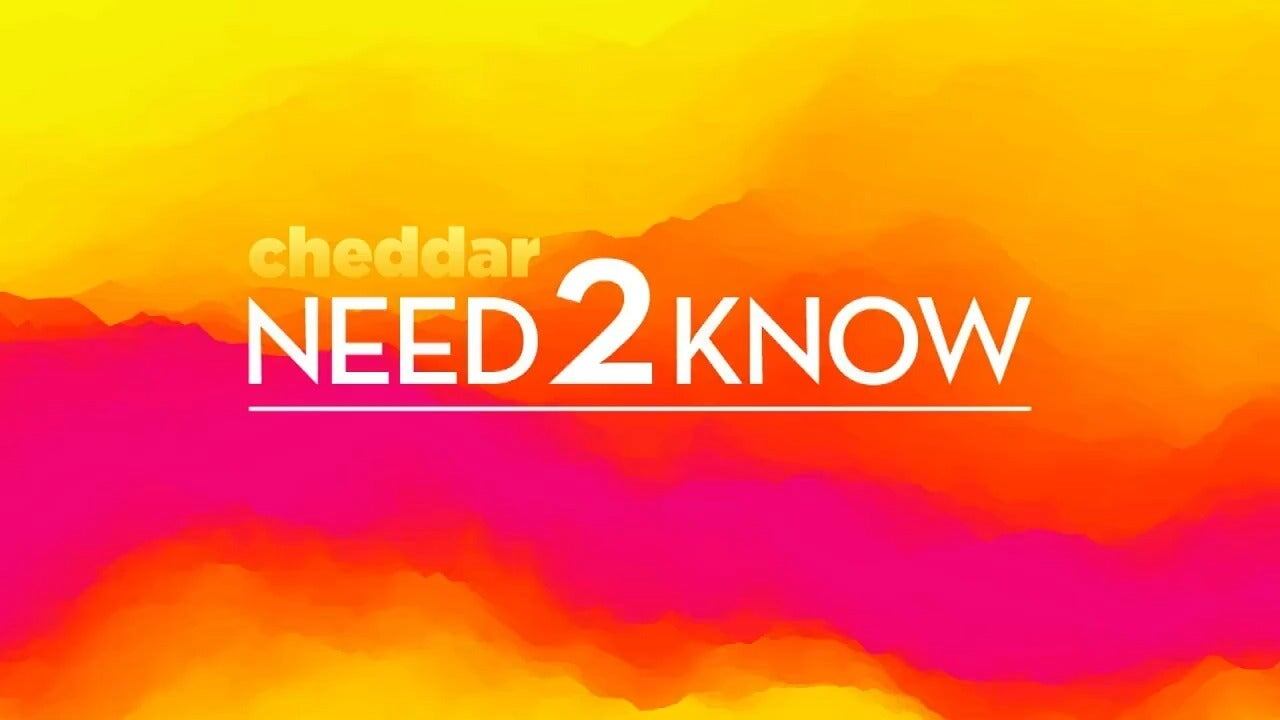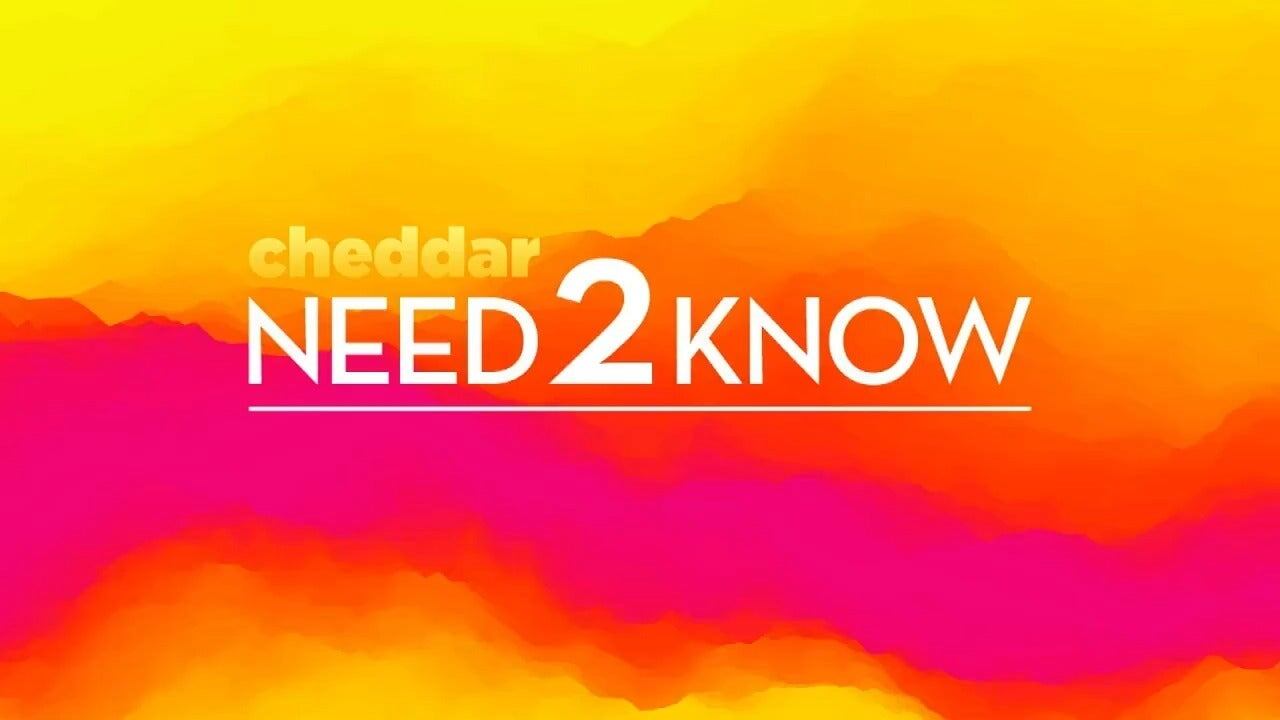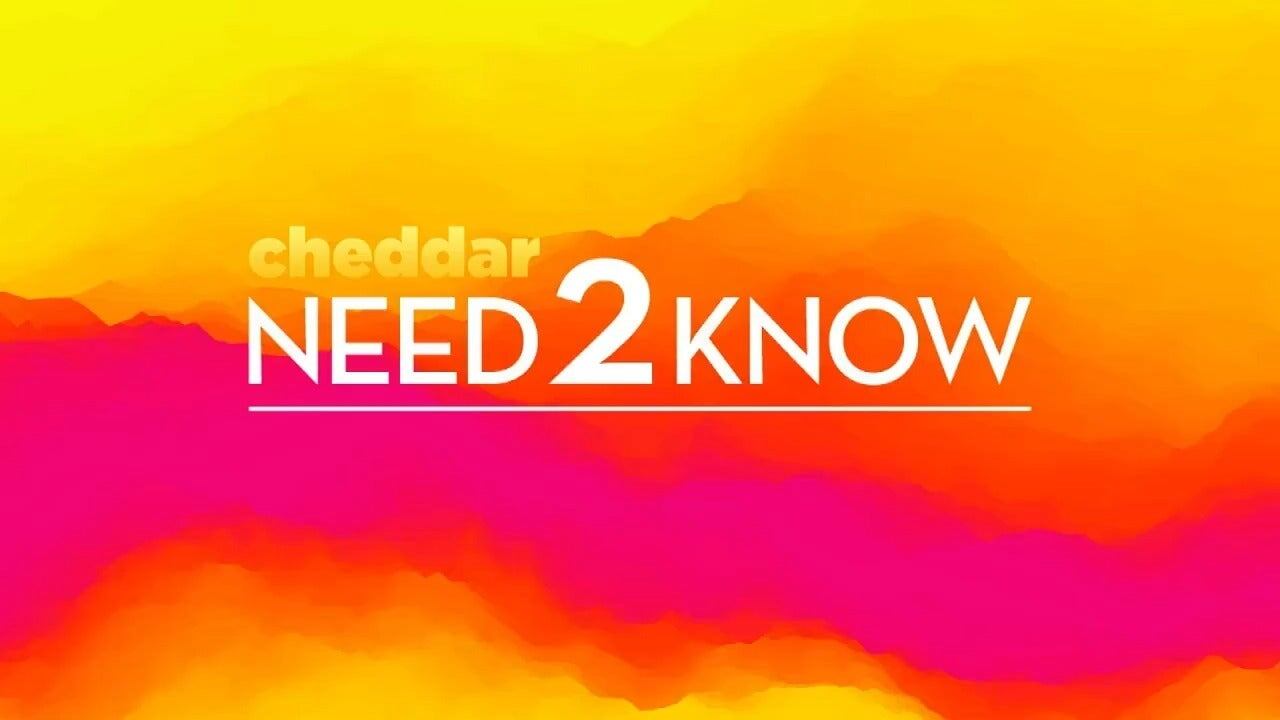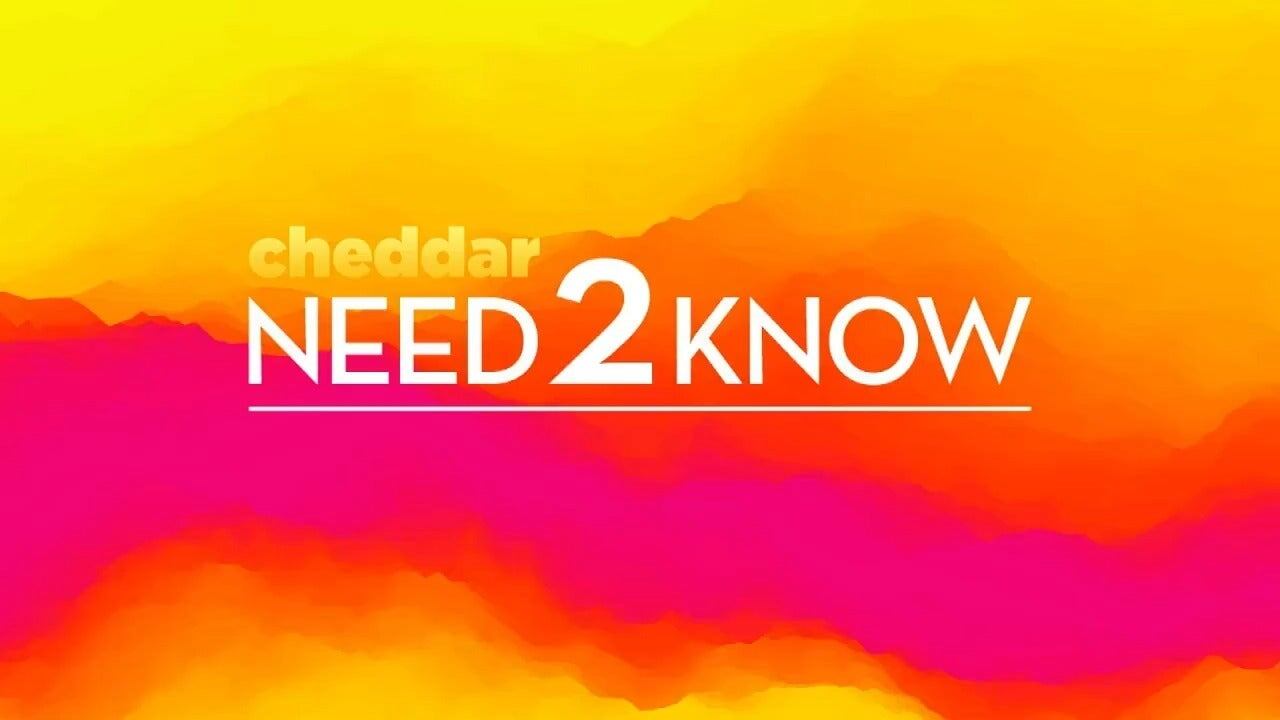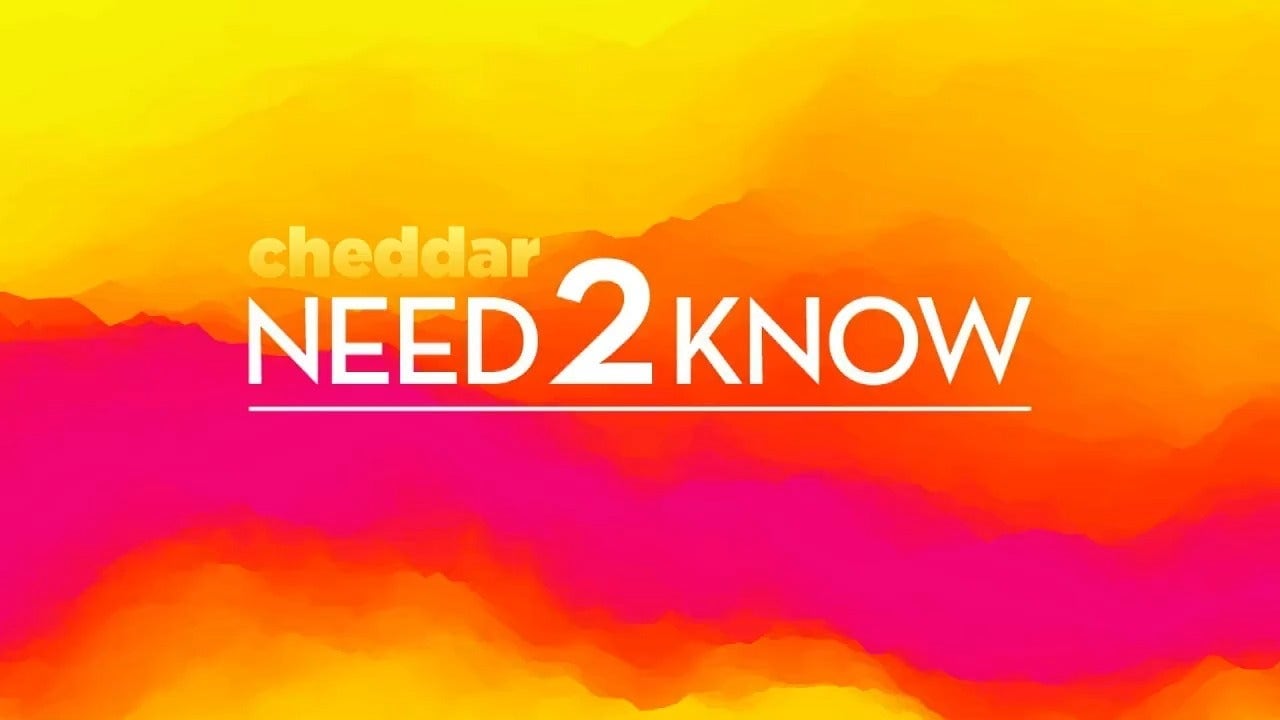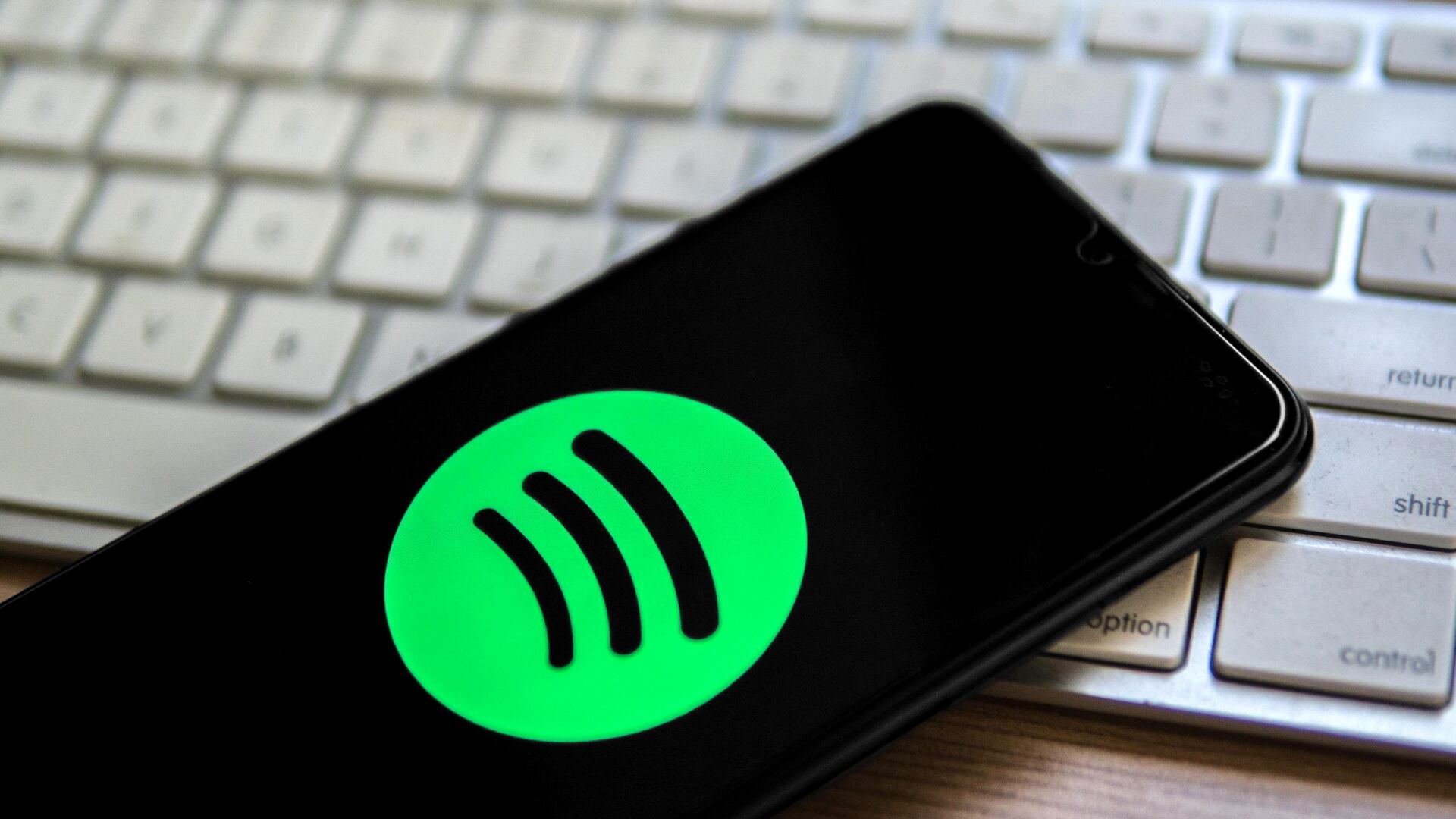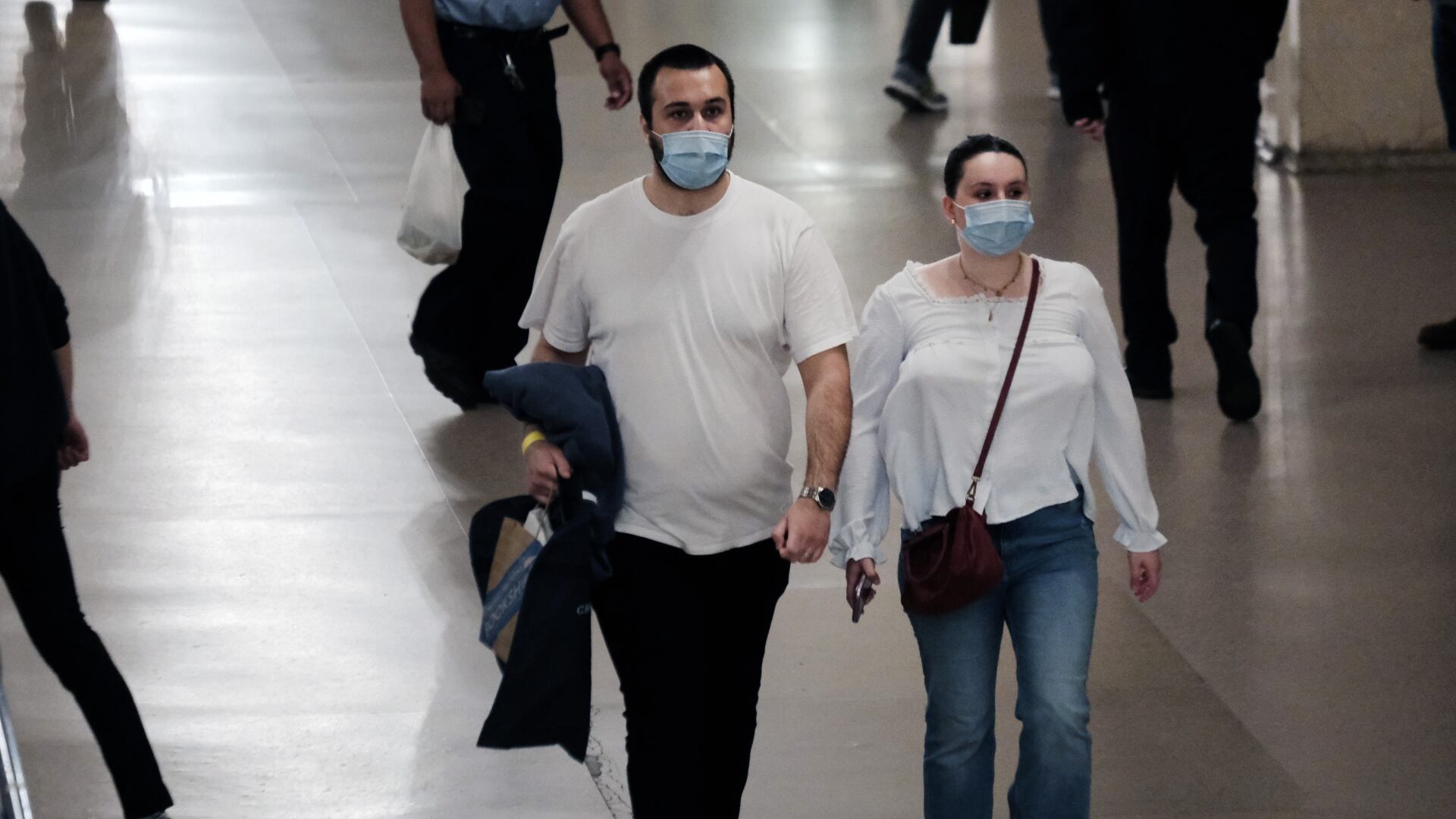The coronavirus remains a global health emergency, the World Health Organization chief said Monday, after a key advisory panel found the pandemic may be nearing an “inflexion point” where higher levels of immunity can lower virus-related deaths.
Speaking at the opening of WHO’s annual executive board meeting, WHO Director-General Tedros Adhanom Ghebreyesus said “there is no doubt that we're in a far better situation now” than a year ago — when the highly transmissible Omicron variant was at its peak.
But Tedros warned that in the last eight weeks, at least 170,000 people have died around the world in connection with the coronavirus. He called for at-risk groups to be fully vaccinated, an increase in testing and early use of antivirals, an expansion of lab networks, and a fight against “misinformation” about the pandemic.
"We remain hopeful that in the coming year, the world will transition to a new phase in which we reduce hospitalizations and deaths to the lowest possible level,” he said.
Tedros' comments came moments after WHO released findings of its emergency committee on the pandemic which reported that some 13.1 billion doses of COVID-19 vaccines have been administered — with nearly 90% of health workers and more than four in five people over 60 years of age having completed the first series of jabs.
“The committee acknowledged that the COVID-19 pandemic may be approaching an inflexion point," WHO said in a statement. Higher levels of immunity worldwide through vaccination or infection “may limit the impact” of the virus that causes COVID-19 on “morbidity and mortality,” the committee said.
“(B)ut there is little doubt that this virus will remain a permanently established pathogen in humans and animals for the foreseeable future,” it said. While Omicron versions are easily spread, “there has been a decoupling between infection and severe disease” compared to that of earlier variants.
Committee members cited “pandemic fatigue" and the increasing public perception that COVID-19 isn't as much of a risk as it once was, leading to people to increasingly ignore or disregard health measures like mask-wearing and social distancing.
